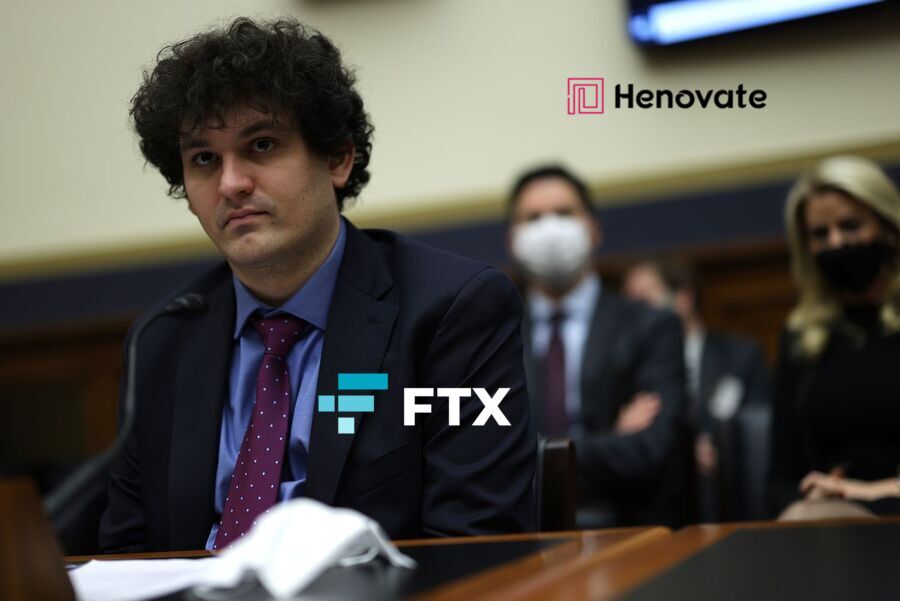The long-anticipated payout plan for FTX victims has finally been revealed, and the result is far from what many hoped for.
Customers and creditors of the now-defunct FTX crypto exchange will only receive between 10% and 25% of their total assets, a bitter pill for those who lost significant investments during the platform’s collapse.
When FTX filed for bankruptcy in November 2022, the exchange left behind a financial chaos that has taken nearly two years to address.
The current reimbursement plan has caused significant disappointment, especially given that many creditors expected much more in compensation based on earlier reports. Unfortunately, the final decision indicates that FTX victims will only get a small fraction of their lost assets.
What Happened with the Reimbursement Plan?
FTX’s decision to reimburse creditors based on cryptocurrency prices at the time of the bankruptcy filing has fueled frustration.
At the time of FTX’s bankruptcy petition, the price of Bitcoin was around $16,000, which was significantly lower than its value today.
Creditors argue that this pricing approach does not reflect the current worth of their lost crypto holdings.
In addition to this, FTX has set aside about $230 million for its shareholders, which amounts to around 18% of the available funds. This allocation to shareholders has caused an outcry among FTX customers.
Many creditors are outraged, feeling that the money should have been directed to those who lost the most, not to investors who held shares in the exchange. This unexpected twist in the plan has further widened the divide between FTX’s creditors and its management.
Backlash from Creditors and Legal Concerns
Creditors have been vocal about their dissatisfaction with FTX’s payout plan. Many have expressed their frustration on social media, calling the move a betrayal of trust.
Some creditors have even described the situation as a “scam,” claiming that they were not adequately informed about these provisions before the liquidation plan was finalized. This has led to increased distrust in the process, with many creditors accusing FTX of handling the situation poorly.
Moreover, the legal and regulatory landscape has added another layer of complexity. In August 2024, a U.S. trustee overseeing the bankruptcy process raised concerns about the legal protections granted to the administrators of FTX’s bankruptcy estate.
Additionally, the U.S. Securities and Exchange Commission (SEC) has indicated its intention to challenge the reimbursement plan, particularly if FTX attempts to settle with creditors using stablecoins instead of cash.
What’s Next for FTX Creditors?
Despite the widespread frustration, FTX creditors are left to wait for the final court approval regarding the liquidation and reorganization plan. While some creditors have filed objections to the proposed payout, others are pushing for amendments that would better reflect the value of their lost assets.
With these ongoing legal battles, the road to recovery for FTX creditors remains long and uncertain. While the plan is in place, many hope that further negotiations and court decisions may offer them a more favorable outcome.
For now, FTX victims must brace themselves for the reality that they will only recover a small portion of their lost assets.
